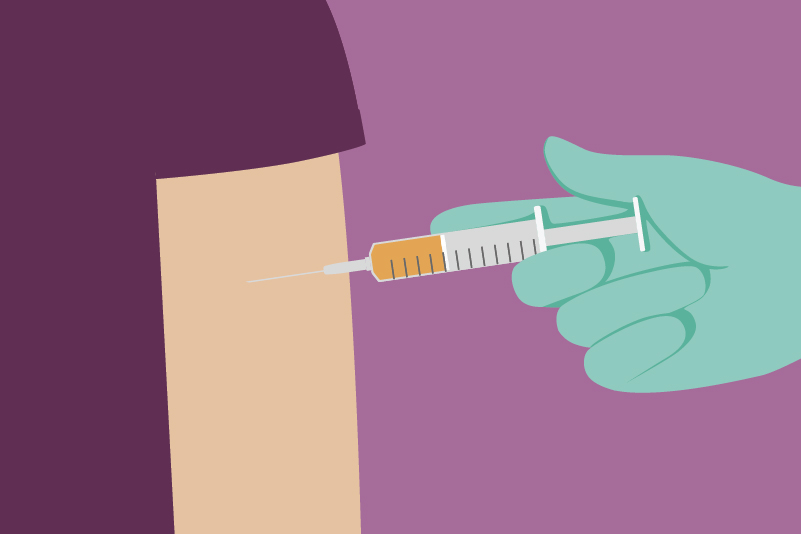#48 Steroid Injections & Lateral Epicondylitis (Tennis Elbow) – What is the Evidence?

Reading Tools for Practice Article can earn you MainPro+ Credits
Join NowAlready a CFPCLearn Member? Log in
- At three weeks: Corticosteroid injections significantly reduced symptoms compared to physiotherapy or wait-and-see, Number Needed to Treat (NNT)=2.
- By 52 weeks: Corticosteroids injections had significantly worse outcomes, Number Needed to Harm (NNH)=4.
- Recurrences significantly worse in corticosteroid injections group (72%) versus physiotherapy (8%) or wait-and-see (9%).
- At four weeks: Steroid or steroid/physio much improved or better in 68-71% while physiotherapy was 39% and placebo was 10%.
- At 52 weeks: Steroid or steroid/physio much improved or better in 82-84% while physiotherapy was 100% and placebo was 93%.
- Recurrence: Steroid or steroid/physio was 54-55% while physiotherapy was 5% and placebo was 20%.
- 3-7 weeks: Corticosteroid injections significantly improved pain and function over no intervention or NSAIDs (inconsistent evidence for physical therapy).
- 26 weeks and one year: Corticosteroid injections significantly less effective than no intervention.
- Magnitude of these findings is difficult to determine due to heterogeneity and differences in reporting among trials.
- Other systematic reviews7 and evidence-based reviews8 also report corticosteroid injections are helpful in short-term but are no better or worse in the long-term.
- The natural history of epicondylitis is that 83%9 to 90%1 will heal within a year with a simple wait-and-see approach.
- In high-quality studies of varying primary care populations, response to steroids and other treatments is very consistent at one, six, and 12 months.10






